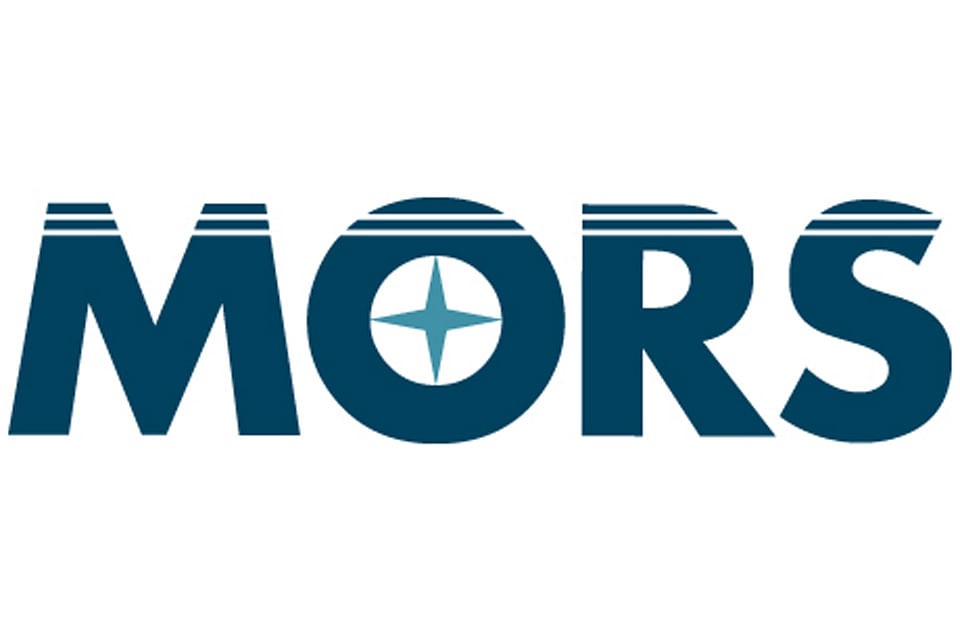Carbon Management: A Strategic Imperative for Business Leaders
In an era of increasing regulatory pressure, investor scrutiny, and stakeholder expectations, carbon management is no longer optional—it’s essential. Organizations that adopt a proactive approach to carbon management not only ensure compliance but also unlock strategic advantages including access to sustainable financing, operational efficiency, and enhanced brand reputation.
What is Carbon Management?
Carbon management refers to the systematic measurement, reduction, and reporting of greenhouse gas (GHG) emissions across an organization’s value chain. It is at the core of global climate action and is rapidly becoming a business necessity.
Frameworks Driving Carbon Management:
To respond to rising investor expectations and regulatory mandates, organizations must align with internationally recognized frameworks that shape climate-related disclosures:
- IFRS S2 (International Financial Reporting Standards for Climate-Related Disclosures)
Developed by the International Sustainability Standards Board’s (ISSB), IFRS S2 sets out requirements for companies to disclose climate-related risks and opportunities, focusing on governance, strategy, risk management, and metrics.
- EU CSRD (Corporate Sustainability Reporting Directive)
A European Union directive requiring companies to provide detailed sustainability disclosures aligned with European Sustainability Reporting Standards (ESRS), including climate impact and GHG emissions.
Frameworks for Developing GHG Inventories and Decarbonization Strategies:
To implement effective carbon management, organizations use globally recognized standards and methodologies to measure, report emissions and set targets:
GHG Protocol:
The most widely used global standard for measuring and reporting GHG emissions across Scopes 1, 2, and 3.
ISO 14064:
An international standard providing principles and requirements for quantifying, monitoring, reporting, and verifying GHG emissions.
IPCC (Intergovernmental Panel on Climate Change) Guidelines:
Developed by the Intergovernmental Panel on Climate Change, these guidelines offer emission factors and methodologies for accurate GHG calculations across sectors.
SBTi (Science Based Targets initiative):
A global initiative that provides methodologies for companies to set science-based GHG reduction targets in line with the Paris Agreement goal of limiting global warming to 1.5°C.
By the end of this program, participants will be able to:
- LO 1: Explain the strategic relevance of carbon management for their organization using session materials and benchmarking case studies
- LO 2: Identify and distinguish key global frameworks such as IFRS S2 and SBTi using relevant disclosure documents, and explain how these frameworks align with and influence carbon management practices within their organization
- LO 3: Outline the steps and necessary coverage for their organization's GHG inventory in alignment with GHG Protocol recommendations
- LO 4: Define the internal control measures required to ensure the establishment of a robust GHG inventory and Decarbonization Strategy which is key for assurance readiness
Significance of Carbon Management in Organizations
Benefits of Carbon Management masterclass:
- Regulatory Compliance: Align with emerging global standards such as the IFRS S2 which are rapidly becoming mandatory in many jurisdictions.
- Risk Mitigation: Reduce exposure to penalties, carbon pricing mechanisms, and reputational risks.
- Strategic Advantage: Gain access to green financing, attract ESG-conscious investors, and position your company as a market leader.
By the end of this virtual program, participants will be able to:
- LO 1: Explain the strategic relevance of carbon management for their organization using session materials and benchmarking case studies
- LO 2: Identify and distinguish key global frameworks such as IFRS S2 and SBTi using relevant disclosure documents, and explain how these frameworks align with and influence carbon management practices within their organization
- LO 3: Outline the steps and necessary coverage for their organization's GHG inventory in alignment with GHG Protocol recommendations
- LO 4: Define the internal control measures required to ensure the establishment of a robust GHG inventory and Decarbonization Strategy which is key for assurance readiness
LO 1 - LO 4: Refer to Modules
Module 1: The Strategic Imperative of Carbon Management
Module Description: This module provides a clear understanding of why carbon management is now a business-critical priority. It explores the global and regional regulatory landscape, investor expectations, and the strategic advantages for companies that move beyond compliance when it comes to carbon management.
Relevant Learning Outcomes: LO 1 & LO 2
Key Bullet Points:
- Business case for carbon management—regulatory compliance, risk mitigation, and competitive advantage.
- Insights into IFRS S2, EU CSRD, and their implications for your organization.
- Investigation of minimal compliance approaches vs. leading practices
Module 2: Building Robust Carbon Management Systems
Module Description: This module explores the breadth of carbon management, from accounting, to strategy, to governance, focusing on practical steps to establish a robust carbon management system, build accurate GHG inventories, and implement decarbonization strategies aligned with international best practices.
Relevant Learning Outcomes: LO 3 & LO4
Key Bullet Points:
- Explore key standards—GHG Protocol, ISO 14064, IPCC Guidelines, and SBTi.
- Principles and the development of Scopes 1, 2, and 3 GHG inventories
- Concept of decarbonization roadmaps: from data to strategy and why continuous improvement matters
- Internal controls: Record-keeping, data governance, and assurance readiness
By the end of this program, participants will be able to:
- LO 1: Explain the strategic relevance of carbon management for their organization using session materials and benchmarking case studies
- LO 2: Identify and distinguish key global frameworks such as IFRS S2 and SBTi using relevant disclosure documents, and explain how these frameworks align with and influence carbon management practices within their organization
- LO 3: Outline the steps and necessary coverage for their organization's GHG inventory in alignment with GHG Protocol recommendations
- LO 4: Define the internal control measures required to ensure the establishment of a robust GHG inventory and Decarbonization Strategy which is key for assurance readiness
About Our Expert

Janak is an ESG consultant with expertise in transforming sustainability principles into business success. She combines a diverse educational background with practical experience in driving ESG adoption across industries.
With a Ph.D. in Chemical Engineering specializing in renewable energy, Janak’s technical expertise covers hydrogen energy, Carbon Capture Utilization and Storage (CCUS), GHG accounting, and sustainability standards. Over the past 8 years, she has led projects in sustainability reporting, carbon footprint assessment, materiality assessments, ESG frameworks, and decarbonization strategies, enabling organizations to meet global standards and achieve measurable impact.
Training methodology
- Benchmarking Exercises and case studies for real-world context
- Interactive Discussions for practical application
- Tools and Frameworks for implementation support
Who will benefit
- Senior Management
- Sustainability and ESG Leaders
- Finance, Risk, and Strategy Officers










